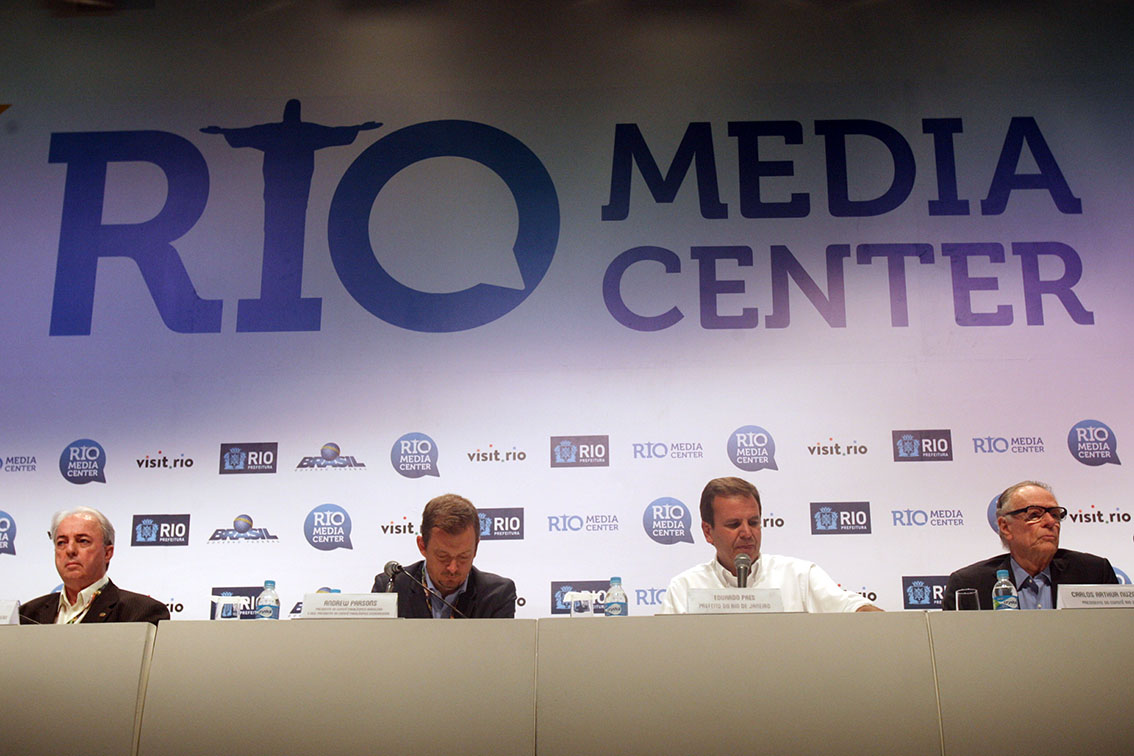Atletismo
Legacy
Eliseu Padilha highlights intangible legacy of the Olympic Games in closing assessment
Brazil's Presidential Chief of Staff, Eliseu Padilha, said this Monday (19 September) that the legacy of the Olympic and Paralympic Games will be managed by federal, state and local governments after the Olympic Public Authority (OPA) is extinguished at the end of the year. In the minister's opinion, however, the greatest legacy is intangible. “The federal government had effective participation in promoting the athletes. The partnership between the Ministries of Sport and Defence worked very well. Countless young Brazilians now have the notion that it is possible to find a way through sport," Padilha said in an interview at the Rio Media Center.

The mayor of Rio de Janeiro, Eduardo Paes, took stock of the Paralympic Games, which ended on Sunday in a ceremony at Maracanã, and summed up the feeling of the authorities involved in its organisation. “Last night, the feeling was of relief for the completion of the project. Rio de Janeiro was the city where the Games led to the most changes that benefitted society. Some of the facilities are already being used by the public, such as the Deodoro Park (which received 9,000 visitors on Saturday) and metro line 4, which is now fully open to the public," he said.
The president of the Brazilian Paralympic Committee, Andrew Parsons, emphasised the role of the Brazilian people, who embraced the Games and broke records in ticket sales. The Paralympic competitions, which began with only 300,000 tickets sold, ended with total sales of 2.1 million tickets. “We sold 1.8 million tickets in one week. That had never happened before. Some sports, such as Paralympic judo, surpassed their Olympic counterparts in number of spectators.” The Paralympic movement is stronger now than it was at the beginning of the Games, said Parsons. “I believe that children, in particular, came out with a whole new perception of persons with disabilities," he added.
The president of the Brazilian Olympic Committee, Carlos Arthur Nuzman, said the organisation of Rio 2016 raised the bar for the next Games. “It is reason for immense pride to conclude the project with national and international recognition of the success obtained. We have established a new standard for Olympic and Paralympic sport that will go down in history", he said. Nuzman also highlighted the social outcome of the Games, as measured by popular participation. “In a single weekend, the Olympic Park received 170,000 visitors. There has never been an engagement that great in the history of the Games", he celebrated.

